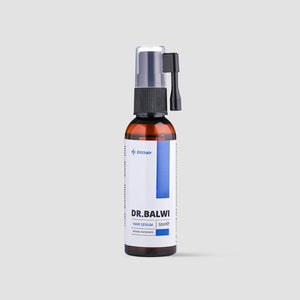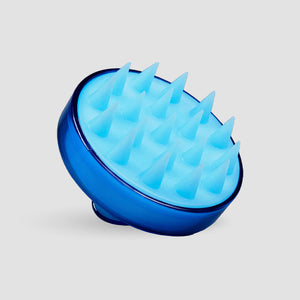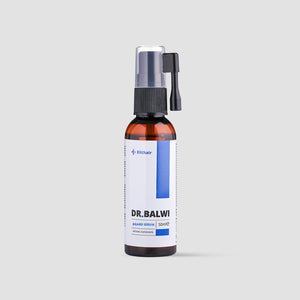
If hair loss is caused by hormones?
Hormones are a major cause of hair loss. Receding hairlines are typical in men, and can appear at a young age. However, this form, which is genetically determined, is also common in women. Sometimes, hair loss begins as early as age 30 or earlier. In most cases, increased hair loss occurs with menopause. Hereditary hormonal hair loss can be recognized when a noticeable number of hairs (more than 100) repeatedly fall out when combing or brushing, and the head becomes increasingly thinner in the middle at the crown. If the hair becomes limp and continues to fall out, the head can eventually become completely bald. Another typical feature of this type of hair loss is the remaining hairline at the back of the head. The male sex hormone testosterone is responsible for this. Those affected can try to alleviate their suffering with medications that strengthen the hair roots. But unfortunately, overcoming genetics doesn't completely work. If the hair falls out diffusely (without clear demarcation)
Another form is so-called diffuse hair loss, which means "not clearly defined." It can occur anywhere on the head, with the hair becoming thinner at the same time. Sometimes the symptoms indicate existing illnesses (e.g., thyroid disorders), but in other cases they do not. Sometimes a temporary infection, poor diet, or excessive stress can be the cause. If the trigger is simply hairstyles that irritate the scalp, the consequences can be resolved relatively quickly. Occasionally, a vitamin or nutrient deficiency (e.g., iron) is the cause, so a blood test can provide information. Diffuse hair loss can also occur temporarily after pregnancy due to hormones. Once the causes are eliminated, hair growth usually improves on its own. Those affected should care for their hair but generally avoid over-stressing it, for example, by blow-drying it with excessive heat or brushing it vigorously.




















